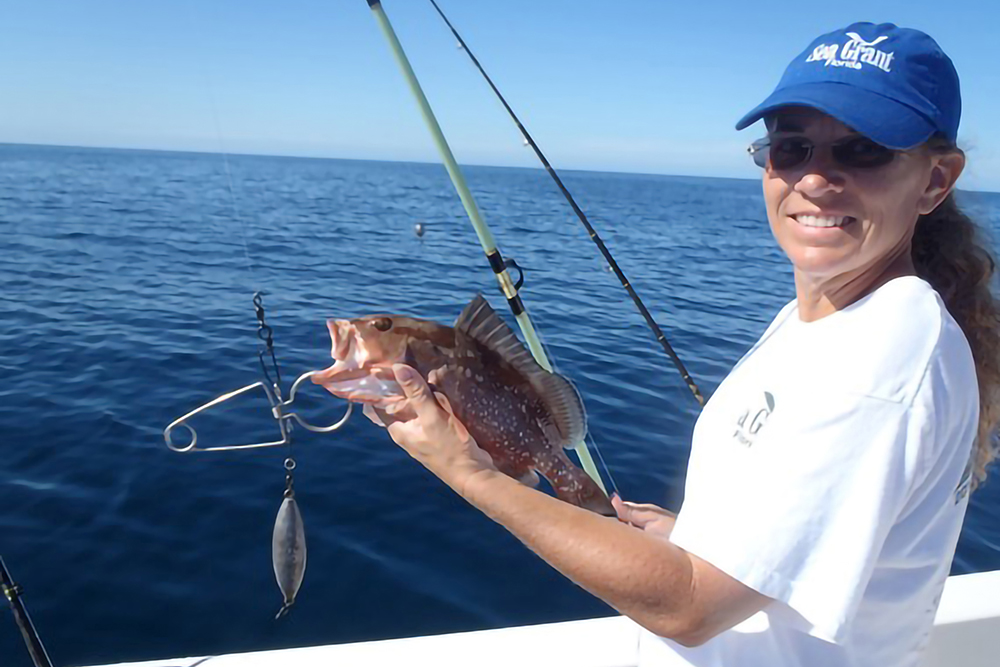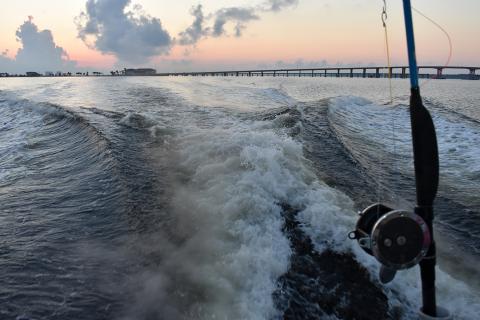On behalf of the Open Ocean Trustee Implementation Group, NOAA has announced a partnership agreement with the Gulf States Marine Fisheries Commission to restore recreational fish species impacted by the Deepwater Horizon oil spill. This partnership will focus on the development of best practices for fish descender devices (FDDs) by distributing FDDs to recreational anglers and providing information on their use. Surveys on any changes in anglers’ perspectives of FDDs, how they’re being used, and the devices’ effectiveness will be conducted to track project success.
The first award of this new five-year agreement is $870,592. It will fund the Commission’s work with recreational, private, and for-hire anglers as part of a project to help restore reef fish by improving their chances of surviving after being caught and released.
The project, titled, “Reduction of Post-release Mortality from Barotrauma in Gulf of Mexico Reef Fish Recreational Fisheries,“ includes the following objectives:

descender devices to recreational anglers
and teaching best practices on their use.
- Increase the effective use of FDDs in recreational fishing.
- Measure and evaluate the use of FDDs and develop improved practices.
- Study the effectiveness of FDDs in a range of conditions and across affected.
Fish that survive being caught and carefully released have an increased chance to live to be caught again, reproduce, and add to the health and future of the fishery. But fish often suffer from barotrauma, which is the buildup of gases in their bodies when brought up to the water's surface, that then makes it difficult for them to swim back down to their habitat after release. Fish that can’t swim back down can become easy prey for predators. Those that are able to return to their habitat, can have long-term negative health effects.
Led by NOAA and partners, the effort will promote the use of FDDs and other tools, targeting various reef fish species like snapper and grouper to combat barotrauma. Descender devices are used to assist fish back down to their habitat.
The project includes Gulf-wide collaboration with the Commission, anglers, academics, state agencies, and other stakeholders to harness best available science and improve release-practices.
The Gulf States Marine Fisheries Commission is one of three in the U.S. that administers cooperative state-federal marine fisheries resources programs. Restoration partnerships are a great opportunity to help us implement restoration in an efficient and cost-effective manner.
The project, estimated to cost $30 million over 8 years, was approved in the Open Ocean Trustee Implementation Group’s Restoration Plan 2 released in December 2019. That plan included 18 projects totaling almost $226 million to help restore fish, sea turtles, marine mammals and deep-sea coral habitat injured by the 2010 oil spill in the Gulf of Mexico.


